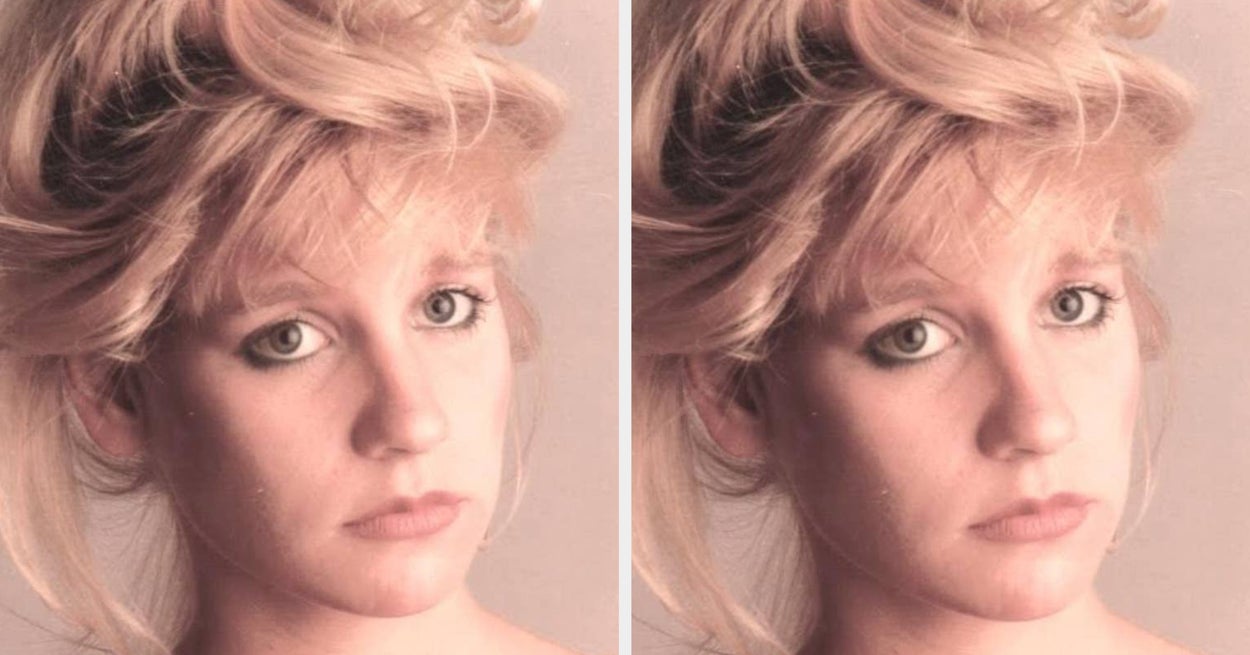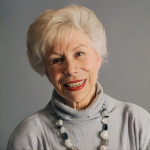In her late 40s, Kristin Louise Duncombe experienced an unexpected surge of vitality as she entered perimenopause, a phase often described with dread by many women. Rather than the anticipated brain fog and discomfort, she felt invigorated with a newfound allure—her skin glowed, her hair became thick and lustrous, and she even noticed an increase in her bust size. Newly single in Paris, this hormonal transformation revived her confidence and rekindled her romantic spark, leading to flings that she embraced with enthusiasm.
Despite these uplifting experiences, Duncombe’s past haunted her, revealing the deep roots of her self-worth tied to male attention. Growing up, she had endured sexual abuse starting at age 10, coupled with the cruelty of being labeled “pretty” at school—an identifier laden with both privilege and burden. “If I wasn’t beautiful, I was nothing,” she reflects on how this perception impacted her self-esteem throughout her life.
Duncombe describes the relentless pressure women face within beauty culture—one that society insists they navigate with grace. From hair dye to cosmetic procedures, tools to enhance physical appeal are ever-present, nudging women into an obsessive cycle of assessment and comparison. “Do I play the game and how far am I willing to go?” she writes, encapsulating the dilemma that many women face as they age.
As she emerged from her marriage, Duncombe found herself in a whirlwind of encounters with attractive men, a brief taste of liberation that was soon overshadowed by physical changes brought on by menopause. Once vibrant and desirable, she abruptly found herself battling exhaustion, weight gain, and unexpected health issues, including vaginal warts and a mild prolapse.
Upon discussing her symptoms with her gynecologist, Dr. O, Duncombe’s worst fears materialized when her tests returned abnormal results. “You have vaginal warts,” Dr. O informed her, leading to a series of appointments and emotional turmoil. Rather than the hormone replacement therapy she hoped for, she was referred to a specialist for further evaluation, a situation that compounded her anxiety and dread.
Her journey took a dramatic turn when she suffered a serious accident after tripping on the uneven streets of Paris, landing face-first and damaging her lip. The resulting trauma left her grappling with her appearance and brought about feelings of distress. In the wake of the incident appeared a massive keloid scar on her lip, further distorting her self-image and deepening her spiral of low self-esteem.
Faced with a choice of solutions—including a suggestion from a plastic surgeon to consider Botox—Duncombe realized that the underlying reason for her fixation on beauty stemmed from her desperation for male validation. “Why did I accommodate this?” she questioned, reflecting on her reliance on appearance for self-worth.
After critical self-reflection during an all-consuming recovery period, she slowly began to root out the ties that bound her self-acceptance to others’ opinions. Choosing not to pursue relationships for two years, Duncombe took the time to heal and explore her identity beyond beauty and desirability.
Now, she embraces a different approach to life, significantly altering her priorities. Emphasizing comfort over aesthetics, she sports her natural gray hair and welcomes the changes that accompany aging, shedding the expectations that once dictated her self-value.
With a fresh perspective, Duncombe began dating again, prioritizing emotional connection over physical admiration. “Men who lead with questions about my interests and how I think about the world get a chance,” she states, making it clear that an authentic connection is now her focus.
Duncombe candidly discusses the societal pressures that fuel the beauty obsession but remains firm in her resolution to not let these standards dictate her worth. “I might have even won” in the beauty battle, she reflects—but in stepping away from the war zone, she found a profound sense of happiness that transcended mere appearance.
As an accomplished therapist and author, Duncombe’s experiences are chronicled in her memoir, “OBJECT: A Memoir,” which delves into the complexities of love and trauma. Living in Paris, she now channels her journey into helping others navigate their own challenges. For more insights, you can visit her website at www.kristinduncombe.com.
This story originally appeared on HuffPost in August 2025.






